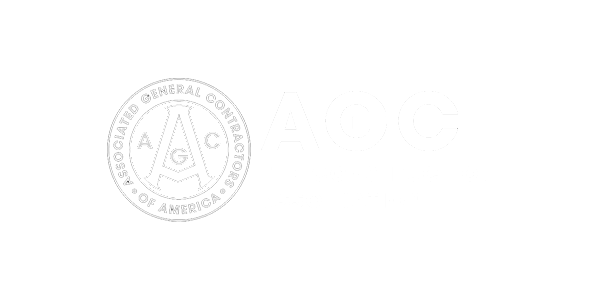An Introduction to Schedule of Values in Construction
A schedule of values (SOV) is crucial in construction project planning, budgeting and progress tracking. SOVs were created as a resource for tracking construction milestone progress by breaking the project into smaller parts. The values within the SOV show the payment amounts that the contractor will receive upon project completion. They make it possible for general contractors to pinpoint and address work items lagging behind schedule where necessary. Overall, SOVs are critical in ensuring communication is clear and that a project remains well-organized and on track.
Importance of a Schedule of Values
SOVs create a level of transparency for everyone involved in the project at hand. For starters, it is the basis for what accounting uses for payment to each vendor and subcontractor involved in a project. But ultimately, a great SOV will help create a guide for:
Budgeting and Cost Control: The SOV breaks down the project into smaller parts. It estimates costs and tracks expenses during the project’s lifespan.
Payment Processing: Contractors use the Schedule of Values (SOV) to make progress payments. It helps the owner or client confirm completed work and release funds.
Progress Tracking: Helps project managers monitor project progress, find delays, and act to keep the project on track.
Dispute resolution: If there are arguments about payment or project completion, the SOV has a detailed record of work and payments. You can use this record to resolve disputes. It provides a clear overview of the project’s progress and financial transactions. This can help both parties come to a fair resolution.
Key Components to Every SOV
Many key pieces are critical to include in your SOV. Not including these items in your SOV could slow down progress, create accounting issues, delay payments and lead to other project-related issues. The critical components include:
General Conditions: Project management, temporary facilities and site supervision costs.
Mobilization: Expenses associated with setting up the construction site, including equipment transportation and site preparation.
Labor: Labor costs for various subcontractors involved in the project such as carpenters, electricians and plumbers.
Materials: Costs of all materials required for construction, including concrete, steel, wood, and other building supplies.
Equipment: Expenses related to the rental or use of construction machinery like cranes, bulldozers, and excavators.
Contingency: A reserve fund set aside to cover unforeseen expenses or changes in the project scope.

Tips for Creating Effective SOVs
Before creating your SOV, starting with the overall objective and plan is important. Being organized is critical to having an SOV that will be followed properly. We suggest using software to help you keep this structured and to receive reminders when different aspects need attention. To get started, you should:
- Organize your SOV: Structure your SOV in a clear and logical format, grouping related items and tasks for easier reference.
- Estimate Costs: Take the time to accurately estimate costs for each item in your SOV, considering factors such as labor, materials, equipment, and overhead expenses.
- Ensure Alignment with project goals: Align your SOV with the overall goals and objectives of the construction project, ensuring that it reflects the scope of work and budgetary constraints.
Common Challenges and Solutions
Despite their importance, SOVs can present challenges during construction projects. Understanding these challenges and implementing effective solutions is crucial for addressing them:
- Discrepancies in payment processing: Inaccuracies or discrepancies in SOVs can lead to delays in payment processing for contractors and subcontractors. To mitigate this issue, regularly review and reconcile SOVs with actual project progress to ensure alignment.
- Disputes over project completion: Disagreements may arise between parties regarding the completion status of specific project milestones outlined in the SOV. Establish clear criteria and documentation requirements for milestone completion to prevent disputes and facilitate resolution when then they occur
- Tracking manually vs. using software: Using a manual SOV without automation can be challenging because essential progress tracking, reminders and project details can be missed. We recommend exploring options that also work well with your accounting ERP.
How SOV software can keep your projects flowing smoothly
Software automates construction payments and schedules of values to save time and reduce errors. This automation improves efficiency by replacing manual processes. Manual processes are often time-consuming and prone to errors software can help you streamline communication, enhance data management, improve decision making and increase efficiency.
Software that caters to the construction industry is designed specifically to help you track your schedule of values. At GCPay, we have tools to help you check your work. We also have tools to share lien waivers and gather compliance documents. Our tools can prevent delays, human error and make it easy to communicate with suppliers and subcontractors. Project tracking features help you keep track of schedules and update values instantly. This makes it simple to make adjustments to the SOV whenever necessary.
Real-time data on project progress and payments allow contractors to more easily manage their cash flow. This empowers contractors to better plan their expenditures and minimize the risk of costly cash flow shortages. Having a better view of your project’s progress helps you make informed decisions. These features help everyone submit the right paperwork, making it easier to pay subcontractors on time without any issues.
A well-crafted schedule of values is essential for effective project management in the construction industry. By providing transparency, facilitating payment processing, and tracking project progress, SOVs play a pivotal role in ensuring that construction projects remain on schedule and within budget. By understanding the key components, implementing best practices, and addressing common challenges, project stakeholders can leverage SOVs to optimize project outcomes and mitigate risks
Ready to streamline your construction project management with SOV automation? Contact us to learn more about how GCPay can help you achieve your project goals








